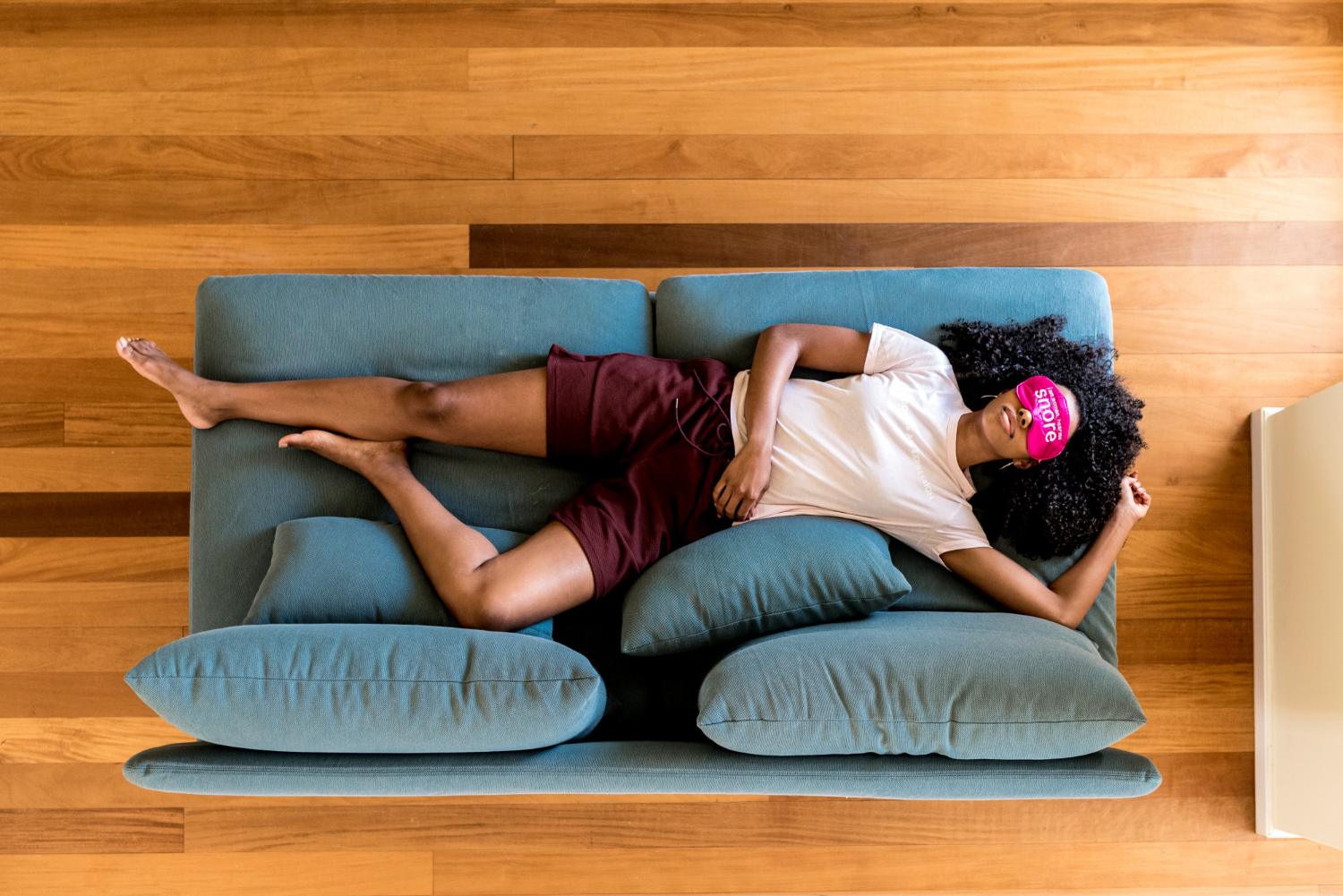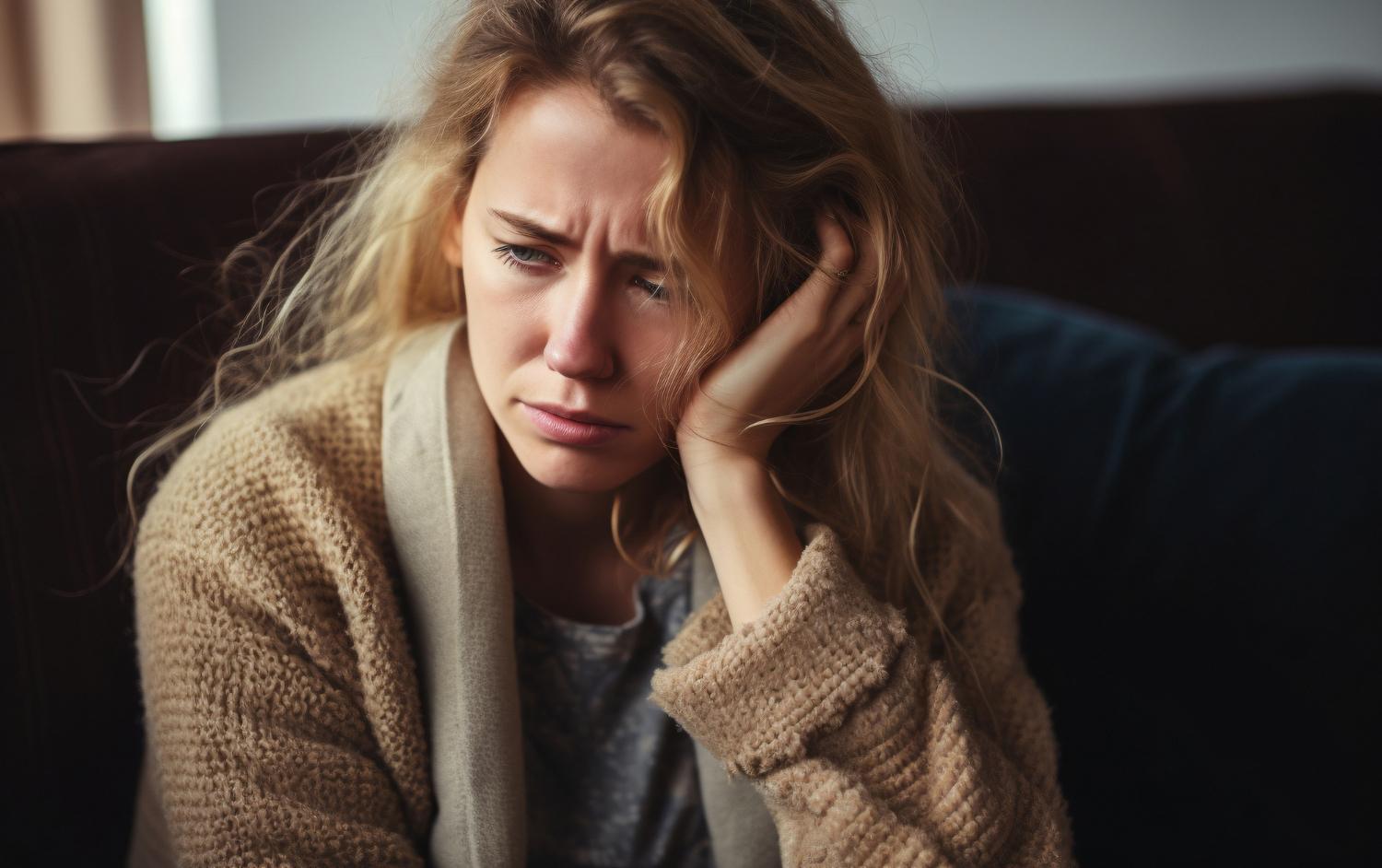Falling asleep quickly can be a challenge, especially after a long day when your mind is still racing.
Lying in bed, tossing and turning, only makes things worse. Sleep feels impossible to find, and frustration builds up.
Luckily, some easy techniques can help calm your mind and body so you can fall asleep faster.
These methods don’t require much effort, but they can make a big difference in how quickly you drift off. With just a few adjustments, sleep can come much easier.
Improving how you approach bedtime can lead to more restful nights. By learning how to relax and set the right environment, falling asleep in under five minutes becomes more achievable than you might think.
1. Control Your Breathing with the 4-7-8 Technique
Breathing plays a huge role in how relaxed your body feels. One technique that helps calm your mind and body quickly is called the 4-7-8 breathing method.
It’s simple and effective: breathe in through your nose for four seconds, hold it for seven seconds, then exhale slowly through your mouth for eight seconds.
Repeating this cycle several times helps slow your heart rate and gets your body ready for sleep.
This method works because it reduces stress and anxiety by shifting focus away from racing thoughts. Slowing down your breathing sends a message to your nervous system that it’s time to relax.
Deep, steady breaths help you feel calm and centered, making it much easier to fall asleep quickly.
To get the most out of the 4-7-8 method, find a comfortable position, close your eyes, and focus entirely on your breathing.
Letting go of other thoughts while doing this helps your mind quiet down, making it easier to drift off within a few minutes.
2. Relax Your Body with Progressive Muscle Relaxation

Tension in your muscles can make it hard to fall asleep. Progressive muscle relaxation is a simple trick that helps you release that tension.
Start by lying down and focusing on one muscle group at a time. Tighten the muscles in your feet for a few seconds, then relax them.
Work your way up your body, tightening and releasing each muscle group—from your legs to your shoulders and face.
This process helps signal to your body that it’s time to let go of the stress from the day. Focusing on each part of the body creates a sense of calm, helping you feel more relaxed with each step.
By the time you reach your head, your whole body should feel much looser and more ready for sleep.
It’s important to keep your focus on how your muscles feel as they relax. The more attention you pay to the process, the more relaxed your body will become.
This can lead to falling asleep much faster, as your body and mind settle into a calm state.
3. Clear Your Mind with Visualization
Sometimes, a busy mind keeps sleep away. A simple way to quiet your thoughts is through visualization.
Picture a peaceful scene in your mind, like a beach or a calm forest. Focus on the details: the sound of the waves, the feeling of soft sand, or the gentle rustling of leaves.
Creating a mental image like this helps shift attention away from worries or to-do lists.
Visualization works by engaging your imagination and keeping you from getting caught up in racing thoughts.
As your mind focuses on something peaceful, your body starts to relax too. It’s like a mental escape that helps you feel more at ease, leading to faster sleep.
To make visualization even more effective, try pairing it with slow, deep breaths.
Let the calm scene fill your mind completely, and soon enough, your body will respond by relaxing more deeply. Before you know it, you’ll drift off into sleep without even realizing it.
4. Keep Your Room Cool and Dark

The environment around you has a big impact on how quickly you fall asleep. A cool, dark room creates the perfect setting for sleep.
Lowering the temperature signals to your body that it’s time to rest, as the body naturally cools down during sleep.
Setting your room to around 60-67°F (15-20°C) can help create that comfortable environment.
Light, even small amounts, can interfere with falling asleep. Blocking out all light by using blackout curtains or wearing a sleep mask helps your body produce melatonin, the hormone that promotes sleep.
The darker your room, the easier it is for your body to slip into sleep mode.
Try to also minimize noise as much as possible. If you can’t control outside sounds, using a white noise machine or fan can help drown out distractions and create a peaceful atmosphere that helps you drift off quickly.
5. Limit Screen Time Before Bed
Screens emit blue light that can trick your brain into thinking it’s still daytime, making it harder to fall asleep.
Limiting screen time at least 30 minutes before bed can help your body wind down. Phones, tablets, and TVs stimulate the brain, keeping you awake longer than you might realize.
Instead of scrolling through social media or watching TV, switch to relaxing activities like reading a book or listening to calming music.
Giving your mind a break from the stimulation of screens helps you relax and prepare for sleep.
Even turning down the brightness on devices or using “night mode” can reduce the impact of screen time.
Making a habit of disconnecting from screens before bed can make a noticeable difference in how quickly you fall asleep.
Giving your eyes and brain a rest helps you feel more tired and ready for sleep once your head hits the pillow.
Related Articles
15 Reasons You Wake Up Tired After A Full Night Of Sleep
12 Simple Techniques for Improving Your Sleep Quality
7 Ways To Cure Early Morning Anxiety
6. Try the Military Sleep Method

The military sleep method is a quick relaxation technique used by soldiers to fall asleep fast.
It involves relaxing your entire body, starting with your face. Close your eyes, breathe slowly, and focus on relaxing each muscle in your face—your forehead, cheeks, and jaw.
Once your face is completely relaxed, move down to your shoulders, arms, and legs, one by one.
After relaxing your body, try to clear your mind completely. Imagine a peaceful image, like floating on a calm lake, or simply repeat the words “don’t think” for about 10 seconds.
This combination of relaxing your body and clearing your mind can help you fall asleep within minutes.
Consistency is key. The more often you practice this technique, the better your body responds.
Eventually, you’ll be able to train yourself to relax so quickly that falling asleep in under five minutes becomes second nature.
7. Use White Noise or Soothing Sounds
White noise or soothing sounds can help create a calming environment that makes it easier to sleep.
White noise works by drowning out background sounds that might disturb you, like traffic, barking dogs, or neighbors. It creates a constant sound that helps your brain relax and focus on sleep.
Other soothing sounds, like ocean waves, rain, or gentle wind, can also help ease your mind.
Playing these sounds softly in the background can make the atmosphere feel peaceful, helping you fall asleep faster.
Many apps or devices offer white noise or nature sounds specifically designed to help with sleep.
Experiment with different sounds to find what works best for you. Some people prefer soft music or nature sounds, while others do well with steady white noise. Whichever you choose, adding these sounds to your sleep routine can make falling asleep a lot easier.
8. Set a Regular Sleep Routine
Having a consistent sleep routine helps train your body to fall asleep faster.
Going to bed and waking up at the same time every day, even on weekends, helps regulate your body’s internal clock.
Over time, your body will naturally get tired at the same time each night, making it easier to fall asleep quickly.
Creating a pre-sleep routine also helps signal to your brain that it’s time to wind down. This could include simple habits like brushing your teeth, dimming the lights, or reading a few pages of a book.
Doing the same things before bed each night helps condition your body to get ready for sleep.
Sticking to a routine might take some time to get used to, but it’s worth it. After a while, your body will start to relax and feel sleepy naturally when it’s time for bed, helping you fall asleep much faster.




